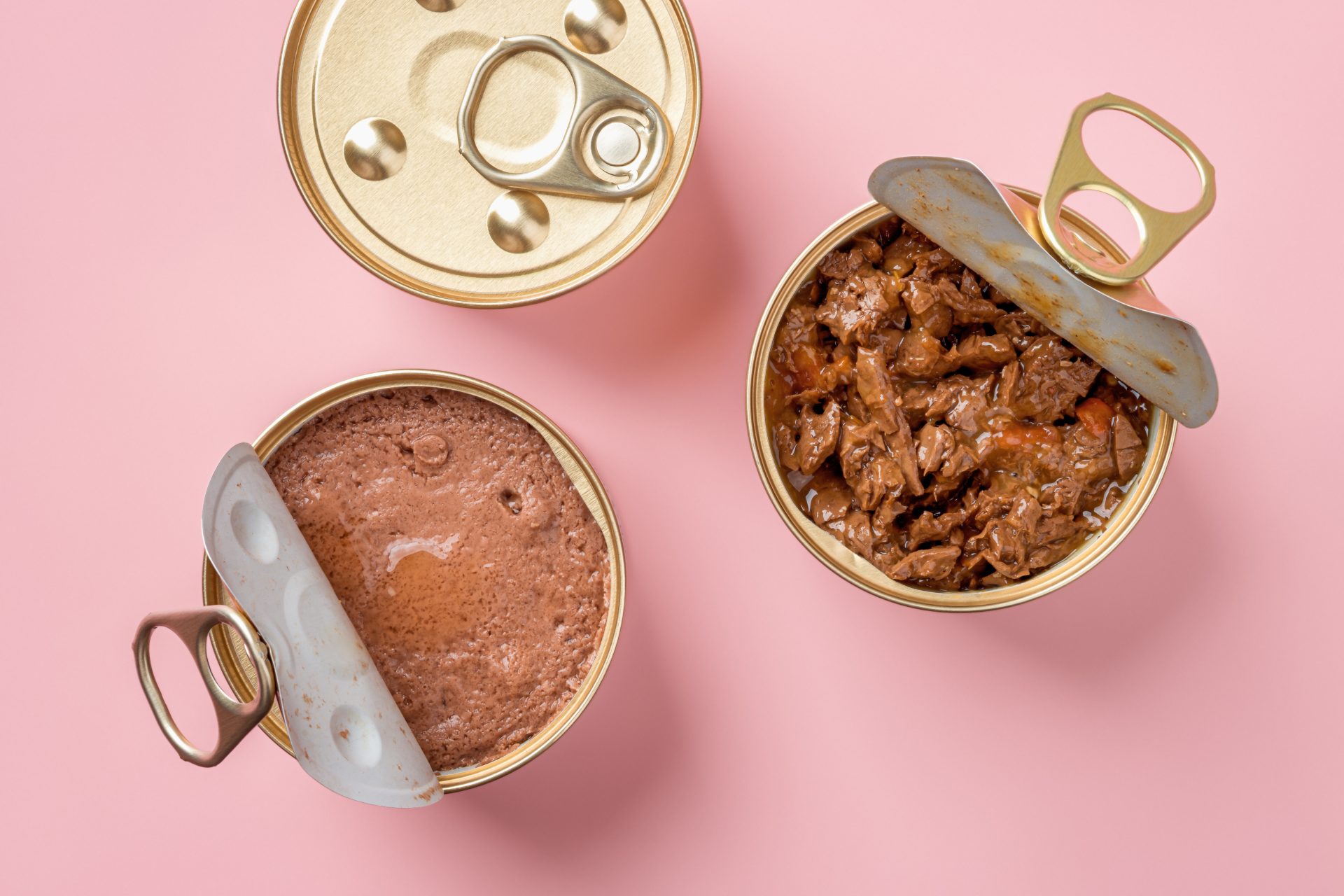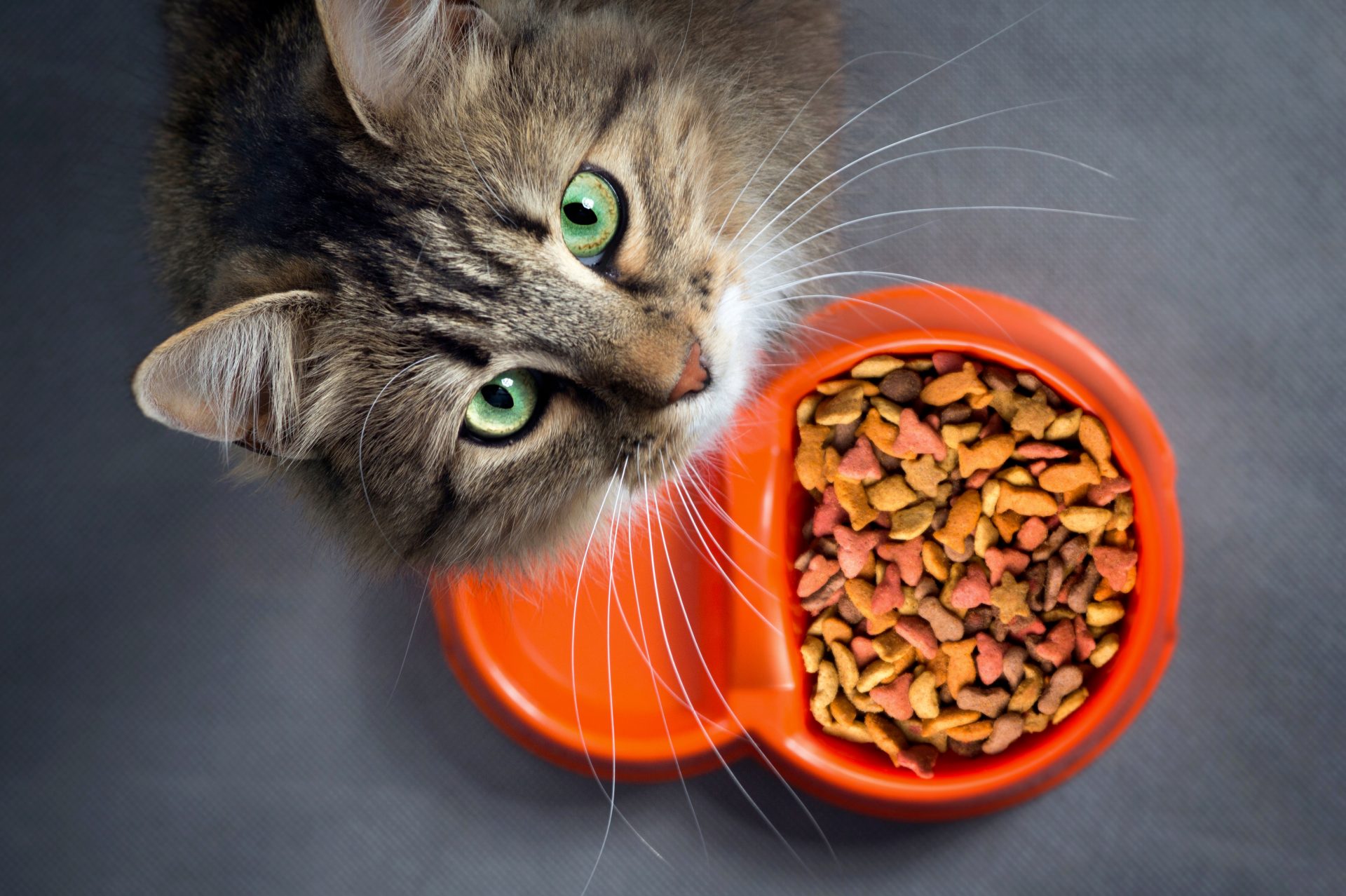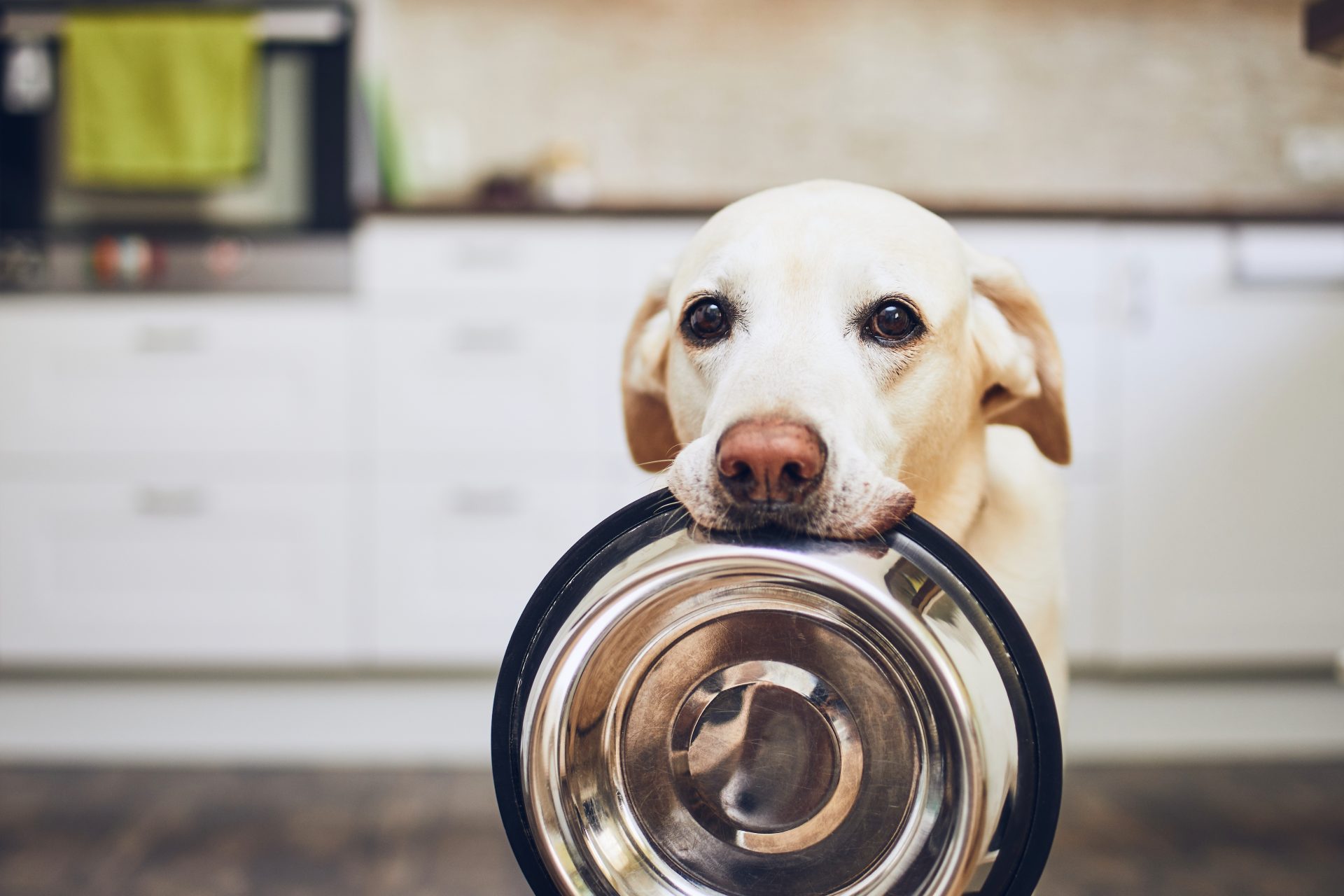Welcome to the Spall and Harvey Animal Hospital blog. Today, we’re focusing on a crucial aspect of pet care: nutrition.
Whether you’re a dog or cat owner in Kelowna, understanding the dietary needs of your furry friends is vital. Our team of experienced veterinarians and pet nutritionists in Kelowna are here to guide you through the maze of pet nutrition. Let’s dive into the world of cat and dog diets!
What are the Basics of Cat and Dog Nutrition?
Pet nutrition is a complex subject, but it’s grounded in a simple principle: providing a balanced diet. Both cats and dogs require a combination of proteins, fats, carbohydrates, vitamins, and minerals. However, their needs vary significantly.
Cats are obligate carnivores, meaning their diet needs to be rich in animal-based proteins. Science diet cat food and vet diet cat food are often recommended because they’re formulated to meet these specific needs.
Dogs are more omnivorous. A scientific diet dog food or nutrition first dog food can provide a balanced blend of animal-based proteins and plant-based nutrients. Brands like Hills dog food, Pedigree dog food, and Royal Canin dog food are popular choices among dog owners in Canada.
What is the Most Important Nutrient for Pets?

The most important nutrient varies based on your pet’s species, age, and health. For dogs, proteins and fats are crucial, while cats require a higher protein intake. Open farm dog food and products like TLC dog food and canadian naturals dog food offer diverse nutrient profiles catering to different needs.
What to Look for when Choosing Pet Food?
When selecting pet food, look for:
1. High-quality protein sources: This is the cornerstone of any pet diet.
2. Essential fatty acids: For healthy skin and coat.
3. Digestible carbohydrates: For energy and gut health.
4. Vitamins and minerals: To support overall health.
What Food Do Dog Nutritionists Recommend?
Ideal canine nutrition should include high-quality animal proteins, essential fatty acids, a balance of carbohydrates, and vitamins and minerals. Consult with a dog nutritionist or the top Kelowna veterinarians for tailored advice.
Dog nutritionists often recommend a balanced diet that includes:
1. Meat-based proteins: Chicken, beef, or fish.
2. Healthy grains (for non-grain-sensitive dogs): Brown rice or barley.
3. Vegetables and fruits: For additional vitamins and minerals.
Avoid human foods that can be harmful, like chocolate, onions, or chives. Some human foods can be toxic to dogs.
What is the Best Advice for Cat Nutrition?

For cats, focus on high-protein diets with minimal carbohydrates. Wet food can be beneficial for hydration. Speak to your local vet for tailored recommendations.
What is Holistic Pet Nutrition?
Holistic pet nutrition emphasizes natural ingredients and often includes whole meats, quality grains or grain-free options, no artificial colors, flavors, or preservatives.
What is the Recommended Feeding Guide for Dogs?
Feeding guides vary based on your dog’s size, age, and activity level. Generally, follow the guide on your dog food packaging and adjust as necessary. Dog food advisor services at Kelowna veterinary clinics can provide personalized guidance.
How many times should a dog eat a day?
Feeding frequency for dogs can vary based on their age, breed, and health status. Generally, puppies require more frequent feeding, about three to four times a day, to support their rapid growth and development. As they transition into adulthood, most dogs do well with two meals per day. This schedule helps maintain their energy levels and aids in digestion.
What time of day should I feed my dog?

The best times to feed your dog are typically in the morning and evening, aligning with a consistent routine to help regulate their body’s internal clock. However, specific needs can vary, so it’s always a good idea to consult with your veterinarian for personalized advice.
How often should I feed my cat a day?
Cats, on the other hand, have different feeding needs. Kittens require multiple small meals throughout the day, up to four times, due to their high energy requirements. Adult cats, especially those who are indoor and less active, often thrive on two meals a day. This helps prevent overeating and weight gain.
What time of day should I feed my cat?
The ideal times to feed your cat are in the morning and evening, establishing a regular feeding schedule that suits their natural hunting rhythms. Some cat owners prefer free-feeding dry food, which can be appropriate if monitored for quantity. As with dogs, it’s important to tailor feeding practices to your cat’s specific health and lifestyle needs, consulting with a veterinarian if you have concerns or questions.
At Spall and Harvey Animal Hospital in Kelowna, we’re dedicated to your pet’s health and well-being. For more personalized advice, contact us or book an appointment. Your pet’s nutrition is our priority!
